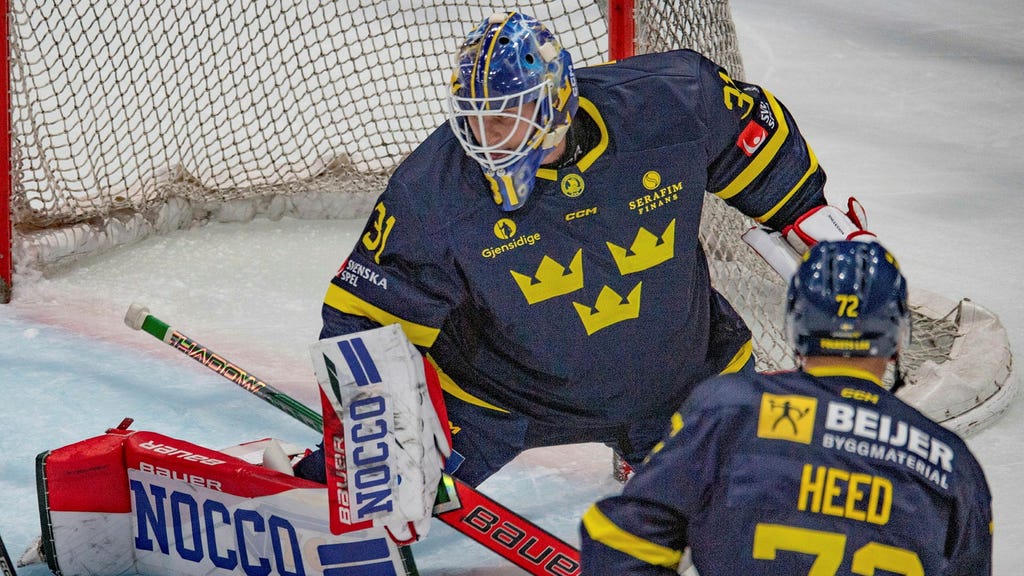Sweden’s performance against Czechia in the Swiss Hockey Games, a 3-5 loss, marked a significant improvement from their lackluster showing against Finland. Despite the positive strides in structure and tactics, the Swedes ultimately fell short against a resilient Czech team. This match offered valuable insights into Sweden’s strengths, weaknesses, and areas needing refinement as they continue their preparations for upcoming international tournaments. A detailed analysis of the game reveals the complexities of the contest, highlighting individual performances, tactical adjustments, and key moments that shaped the final outcome.
The first period saw a determined Swedish side taking the initiative, controlling puck possession and creating scoring opportunities. Their improved tactical discipline was evident, maintaining a structured defensive approach while effectively transitioning to offense. However, Czechia capitalized on a defensive lapse, netting the opening goal against the run of play. Sweden responded quickly, equalizing with a well-executed power-play goal, demonstrating their offensive prowess. The period ended with both teams displaying a high level of intensity and skill, setting the stage for a closely contested match.
The second period witnessed a shift in momentum, with Czechia taking control of the game’s tempo. They exploited Sweden’s defensive vulnerabilities, scoring two goals in quick succession to establish a two-goal lead. Sweden struggled to regain their composure, facing challenges in breaking through the Czech defense. Although they generated some scoring chances, they lacked the finishing touch required to convert them into goals. The period concluded with Czechia holding a comfortable lead, putting pressure on Sweden to mount a comeback in the final frame.
Sweden entered the third period with renewed determination, making adjustments to their offensive strategy. They increased their forechecking pressure and created several high-danger scoring opportunities. Their persistence paid off as they finally managed to breach the Czech defense, narrowing the deficit to a single goal. The game intensified with both teams battling fiercely, trading scoring chances. However, Czechia’s experience and clinical finishing proved decisive as they capitalized on a late power play opportunity to restore their two-goal advantage, ultimately sealing their victory.
For Sweden, the loss highlighted the need for greater consistency in their performance throughout the game. While they demonstrated periods of dominance and tactical awareness, they also displayed vulnerabilities that Czechia exploited effectively. The improved structure and tactical discipline compared to the Finland game were encouraging signs, but sustaining this level of play throughout the entire match remains a key area for development. Furthermore, capitalizing on scoring opportunities and tightening up defensively will be crucial for future success.
Despite the defeat, the game provided valuable lessons for the Swedish team. The improved tactical execution and periods of offensive dominance offer a platform to build upon. Identifying and addressing the defensive lapses and inconsistencies in performance will be crucial for their progress. The match against Czechia served as a valuable learning experience, providing insights that will inform their preparations for future tournaments and their quest for international success. The experience gained from this game will undoubtedly contribute to their development and growth as a team. They now have a clear understanding of what aspects of their game need improvement, allowing them to focus their training and tactical adjustments accordingly. This loss, while disappointing, could ultimately prove beneficial in the long run as they strive to reach their full potential. The challenge now is to translate these lessons into tangible improvements on the ice, converting potential into consistent, high-quality performance.














